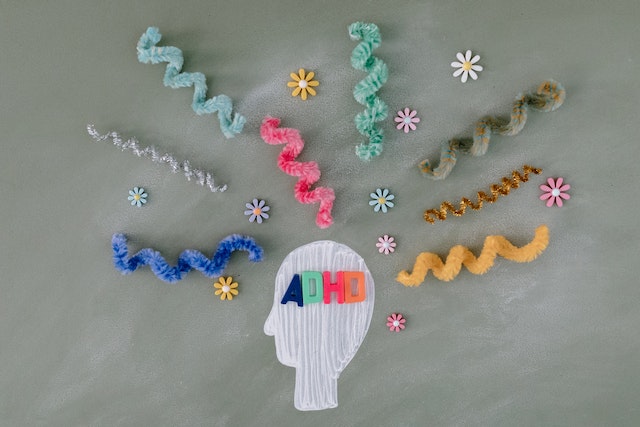ADHD is a common neurodevelopmental deficit that can impact your attention, productivity, behaviors, and interactions.
When it comes to work, being able to focus and maintain organization is key to being successful. Unfortunately, ADHD can interfere with that.
Learning more about ADHD and understanding how to manage symptoms can help you improve your performance and overcome challenges you may be experiencing. Here are four tips you can implement starting today.
1. Create a Conducive Environment
First and foremost, you’re going to want to take a moment to assess your work environment. If the space you’re operating in isn’t conducive to you being able to focus, your ADHD will have an easy time winning the battle.
Try to create a work space that limits distractions and allows you to maximize your productivity. This may be easier for some jobs compared to others, but work within your means to take some control of your direct environment.
Reduce clutter on your desk and in your immediate area. While photos or trinkets are a nice personal touch, they can also be a source of distraction when your mind wants to wander. Limit things that may pull your focus away. Inform your colleagues that you’d like to have a designated time to focus and ask that they minimize disruptions in this time frame. When necessary, throw on a pair of headphones to help tune the chatter out.
2. Establish a Routine
When you’re dealing with ADHD, deadlines and overall timeliness can be difficult. Getting distracted can make work tasks particularly harder.
Giving yourself some form of structure will allow you to take back some control and improve your efficiency. A routine can help increase your focus and reduce work stress. Predictability is your friend here.
Start work at the same time each day. Block of time in your schedule for checking emails, scheduling meetings, or working on a specific project. Use times of the work day where you’re at your best to work on the most important tasks.
3. Use To-Do Lists and Planners
Physically writing information down has proven to be effective for meeting goals, but also for improving brain functioning. For work tasks, go through and prioritize what is the most important and what can take a back seat. Write down your to-do list and keep it somewhere visible as a reference point.
To keep your meetings, deadlines, and appointments in order, write them down in a planner or on a physical calendar. It will be a good means to keep your day structured, but also provide motivation and a quick shot of dopamine when you can cross items off.
4. Take Breaks

Work deadlines are important, but if you’re forcing your brain to focus, it isn’t always going to be the most efficient or productive. Sometimes, what you actually need to help refocus is to take a break.
If you find yourself getting more and more distracted, take a step back. Walk away from your work space, go outside for a walk or take a moment to socialize with a friend before returning to your work tasks. You may enjoy listening to music or a podcast. Meditation or a quick grounding exercise may help.
When you return to your work, if you’re feeling energized and focused, take on your most pressing task. Don’t be afraid to take routine or frequent breaks throughout your day. If breaks will help keep your focus at the most efficient level, they shouldn’t be considered a bad thing.
Are you struggling with ADHD on the job? Is it interfering with your performance? Contact us to learn more about therapy for ADHD.


